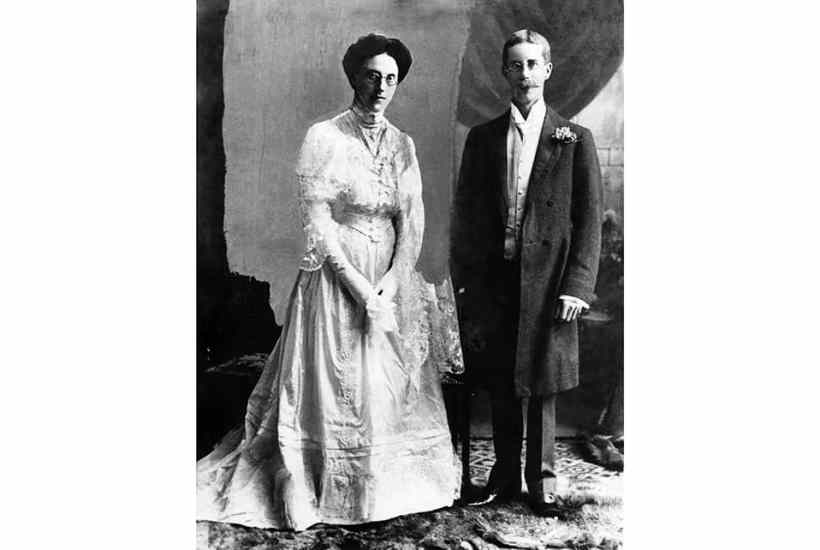The case of the retired major Herbert Rowse Armstrong, a Hay-on-Wye solicitor hanged in 1922 for killing his wife Katharine with arsenic, is one of nine examined in George Orwell’s 1946 Tribuneessay ‘The Decline of the English Murder’ as having enthralled the public. ‘A little man of the professional class’, living an ‘intensely respectable life’, nevertheless, for reasons that appear somehow underpowered (in Armstrong’s case a change to his wife’s will and a romantic friendship, probably never consummated, with a woman he met in Bournemouth during the war), finds himself resorting to the bathroom cabinet or garden shed (‘the means...
Already a subscriber? Log in
Subscribe for just $2 a week
Try a month of The Spectator Australia absolutely free and without commitment. Not only that but – if you choose to continue – you’ll pay just $2 a week for your first year.
- Unlimited access to spectator.com.au and app
- The weekly edition on the Spectator Australia app
- Spectator podcasts and newsletters
- Full access to spectator.co.uk
Unlock this article
You might disagree with half of it, but you’ll enjoy reading all of it. Try your first month for free, then just $2 a week for the remainder of your first year.














Comments
Don't miss out
Join the conversation with other Spectator Australia readers. Subscribe to leave a comment.
SUBSCRIBEAlready a subscriber? Log in